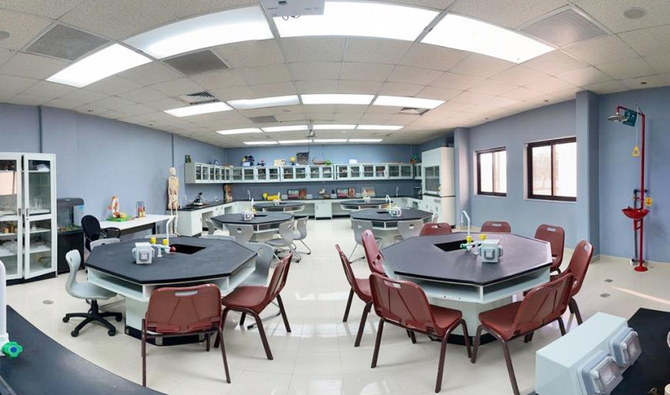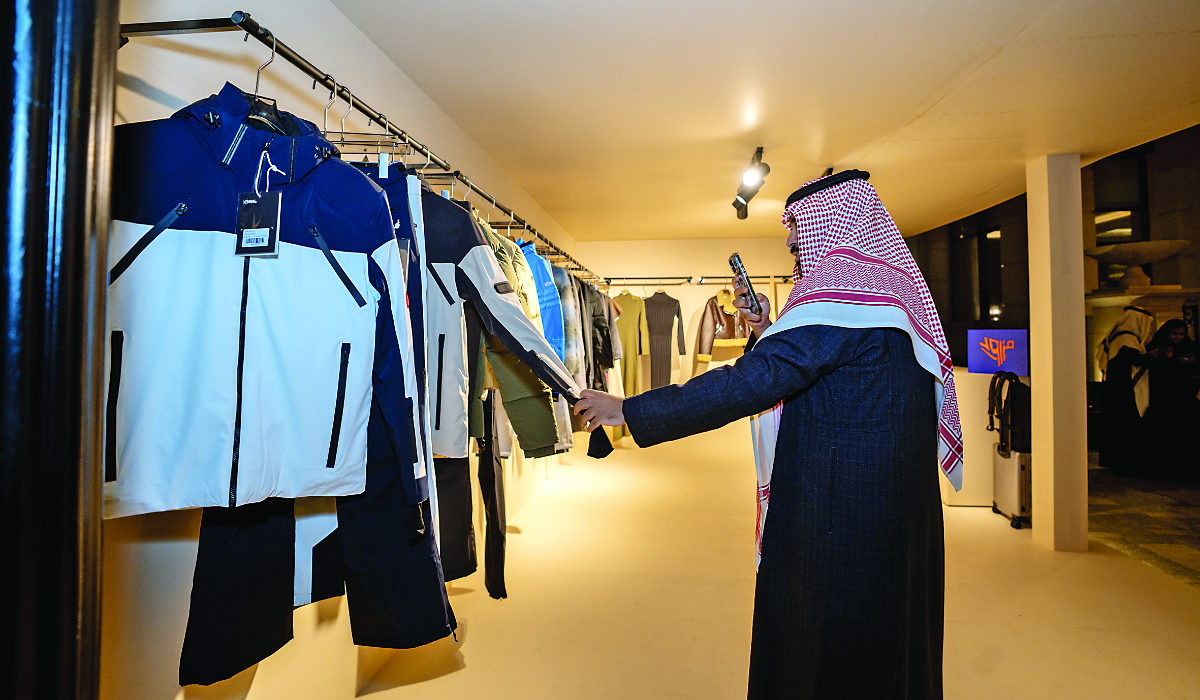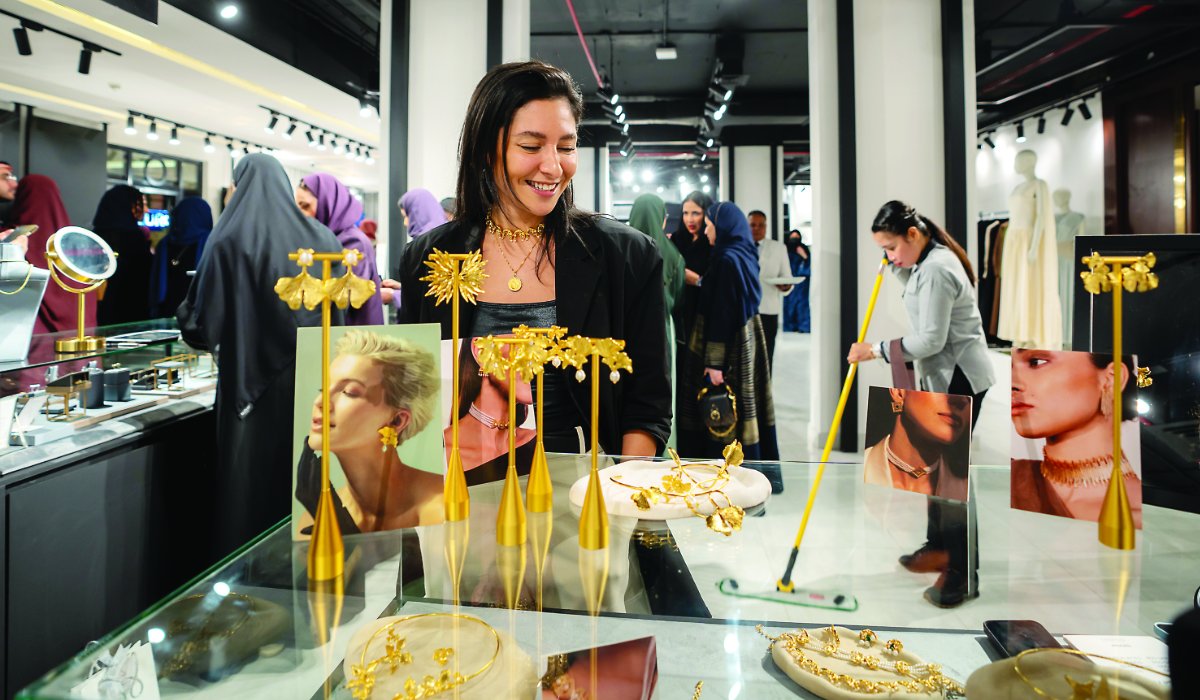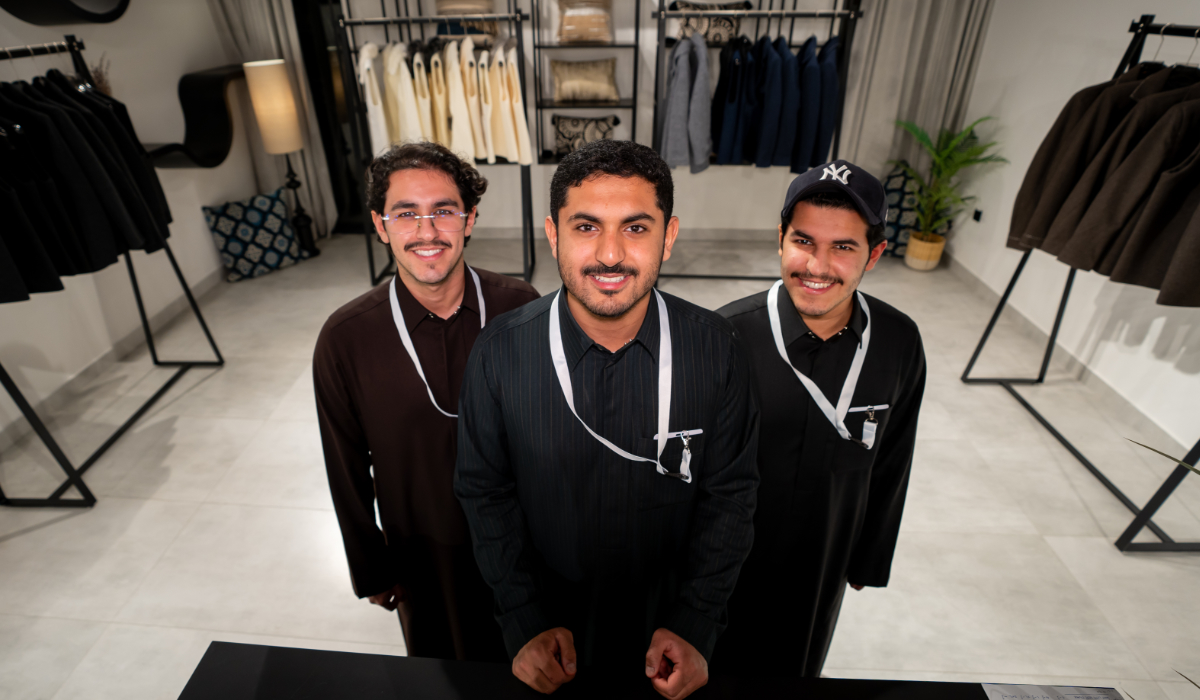JEDDAH: The new academic year begins on Sunday and schools across the Kingdom have been preparing for virtual learning.
All students in Saudi Arabia will be attending classes remotely for the first seven weeks of the first semester as part of the Kingdom’s precautionary measures against the novel coronavirus (COVID-19).
Ibrahim bin Hussein Al-Omari, director general of education in the Tabuk region, noted on Friday that while all administrative staff are required to physically go to work, teachers and students will all be attending virtual classes. He added that supervisors have been allocated to provide support and assistance to all schools.
The Ministry of Education has stated that middle school and high school students will have to be online from 9 a.m., while elementary school students will start their classes at 3 p.m. — a decision that is intended to help parents be more involved in younger children’s remote learning. There is a dedicated app available for kindergarten age children.
All classes can be followed through the online platform Vschool.sa, and relevant materials are available from the Apple and Android stores. Lessons can also be viewed on the “Ain” TV channel or on YouTube. Each subject will have a channel of its own on Ain TV, in addition to what is archived on YouTube.
While private schools are permitted to use their own remote-learning tools, they can also benefit from the platform, the ministry has said.
All schools will allocate at least one day a week on which students and their families can attend in order to ensure that those who are unable to access the online platform for any reason can follow up on assignments and evaluations.
INNUMBERS
312,924 COVID-19 cases
287,403 Recoveries
21,708 Active cases
3,813 Total deaths
Meanwhile, Education Minister Hamad Al-Asheikh on Thursday held a virtual meeting with the Kingdom’s provincial education directors to review preparations for the new academic year.
The minister also ensured the continuity of remote learning arrangements for more than 6 million students.
The meeting discussed methods for the safe distribution of school books to students, the readiness of class schedules on the Madrasati (my school) e-learning management platform, and efforts by school and education officials to enable students to make a smooth return to studies and interact with their teachers.
Delegates pointed out the pivotal role of schools in providing technical support for students and their guardians on the platform, as well as the key function of teachers in training and helping students deal with the platform.
Arrangements for the training of teachers to use the Madrasati platform and plans for psychological counseling and student support were also reviewed.
In addition, the meeting discussed the role of education offices and administrations in carrying out field visits to schools on the first day of the academic year, checking on remote learning processes, and developing assessment reports.
Meanwhile, Saudi Arabia announced 28 new COVID-19-related deaths on Friday. The death toll now stands at 3,813.
There were 1,069 new cases reported in the Kingdom, bringing the total number of cases to 312,924, of which 21,708 are active, with 1,576 of them in critical condition.
Forty-four percent of recorded cases have been females. Eleven percent have been children, 85 percent adults and 4 percent elderly. According to the Ministry of Health, Madinah and Riyadh had recorded the highest number of new cases in the Kingdom with 61 cases each. Jazan had 59 new cases.
In addition, there were 1,148 reported new recoveries from COVID-19, taking the total number of recoveries in the Kingdom to 287,403.
Saudi Arabia has so far conducted 4,974,119 PCR tests, with 60,195 carried out in the 24 hours leading up the ministry’s announcement.

































